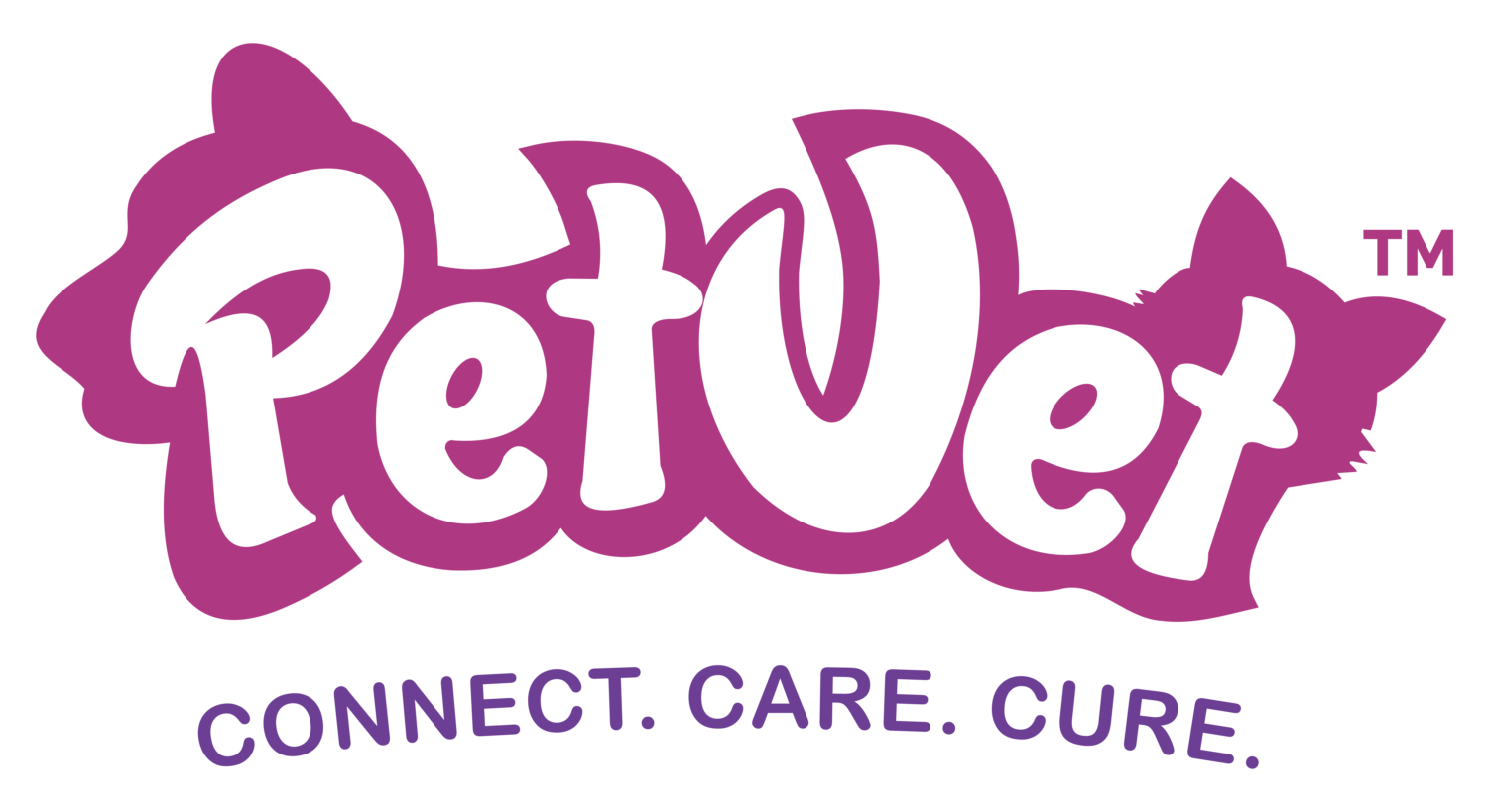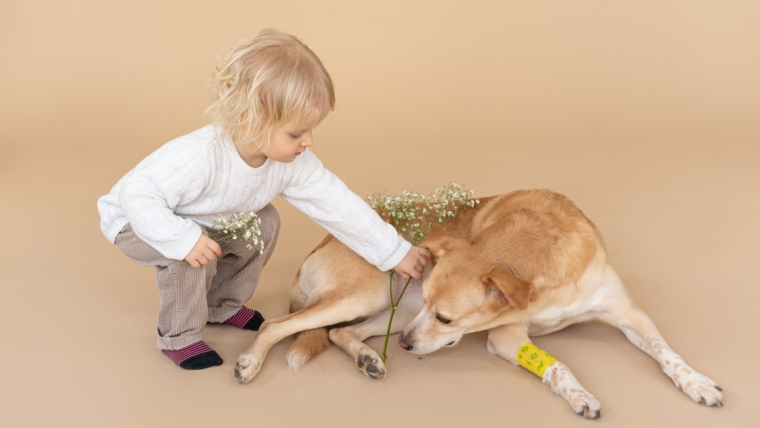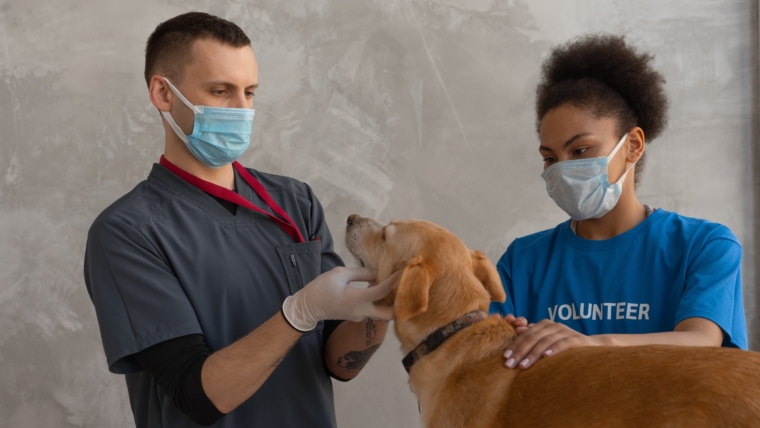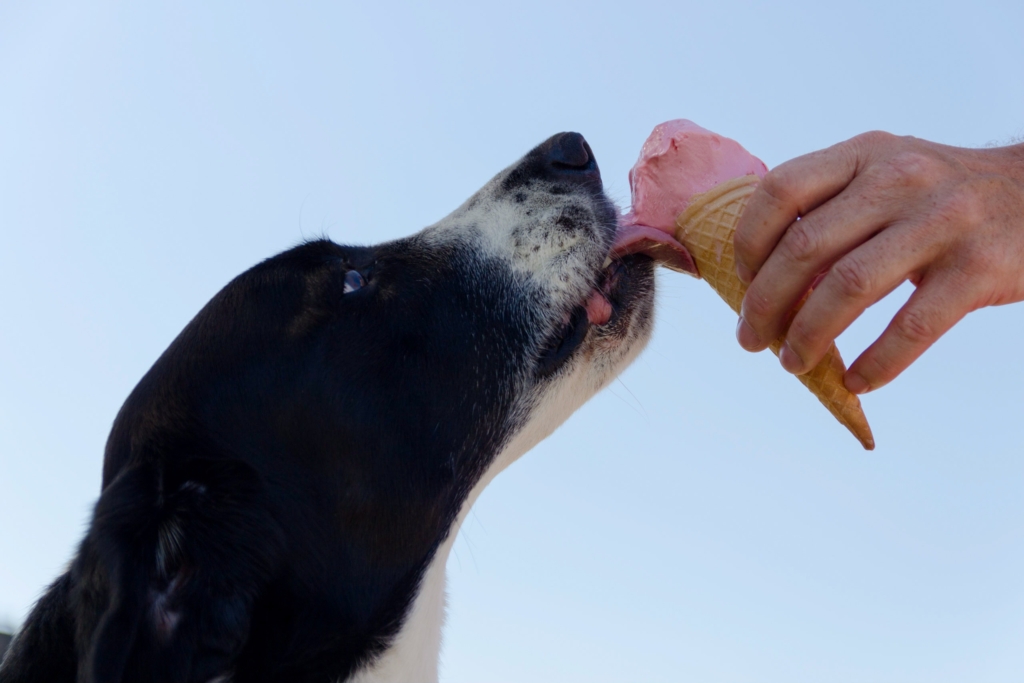
Dog lovers have a reputation for being generous and caring. Sharing our hearts, homes, and even the foot of our beds with our furry friends is a wonderful thing. There can’t be anything wrong with giving our dogs some of our favorite human meals, can there?
The answer is no. People’s favorite meals, such as fruits and vegetables, can do serious harm to a dog’s digestive system and cause serious health issues. Dogs can, however, benefit from some of the things we eat, with benefits such as joint strength, improved breath, and allergy immunity.
You should, however, read on to find out which foods are acceptable for your dog, and which ones should be avoided at all costs. In addition, keep in mind that even healthy diets can contribute to canine obesity, which is a big health issue in many countries around the world for dogs.’ As a general rule, feeding your dog high-quality food is always a good idea.
This article shares 10 human foods that your dog can safely ingest, and others that may cause them harm.
For extra precaution, let’s begin with the human foods that dogs cannot consume.
3 Foods Dogs cannot eat:
1. Chocolate:
No, dogs should never eat chocolate. This isn’t just an urban legend. Chocolate contains toxic substances called methylxanthines, which are stimulants that stop a dog’s metabolic process. It is possible to get diarrhea and vomiting even after eating a small amount of chocolate, particularly dark chocolate. Seizures, abnormal heartbeat, and even death are possible side effects of excessive consumption. Keep chocolate out of the reach of your dog. Contact a veterinarian immediately if your dog ingests chocolate.
2. Almonds:
Almonds are not something dogs should eat. Unlike macadamia nuts, which are potentially harmful to dogs if eaten whole, almonds can cause esophageal blockage or even rupture the windpipe if not digested thoroughly. It is especially risky for dogs with a predisposition to heart disease to eat salted almonds since they enhance water retention.
3. Onion:
Onion is not something dogs should eat. Garlic is part of the Allium family, which includes onions, leeks, and chives, and it is five times more hazardous to dogs than other Allium plants. The anemia caused by garlic can lead to symptoms like pale gums, a high heart rate, weakness, and collapse in dogs. You should keep an eye on your dog for a few days after you suspect he or she has eaten any garlic or onions since the signs of garlic or onion poisoning might be delayed.
Moving on to the finer delicacies of your fur friend’s diet and treats, here’s a list of human foods that your dog can consume.
3 Foods Dogs can eat:
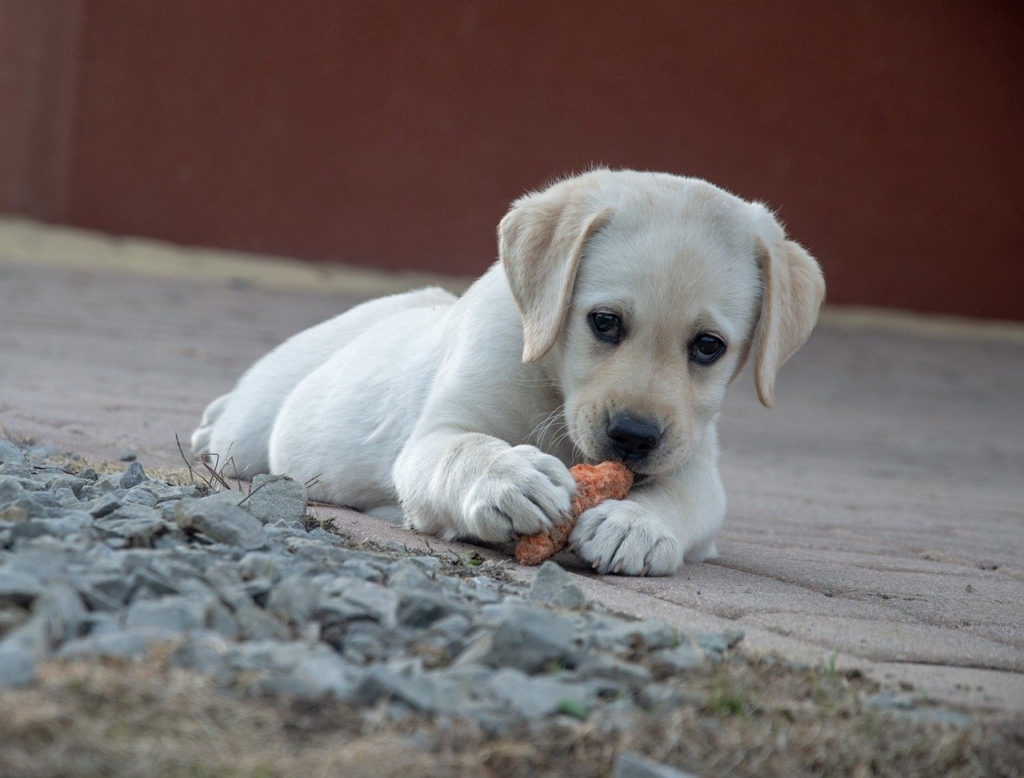
1. Cashews:
YES, dogs can eat cashews. Only a few cashews at a time are safe for dogs to eat. These nuts are high in calcium, magnesium, antioxidants, and proteins, but they are also high in fat, which can lead to weight gain and other fat-related health issues if consumed in excess. If you can find unsalted cashews, they’re a tasty treat.
2. Cheese:
Small to moderate amounts of cheese can be eaten by dogs. Cheese can be a tasty treat for your dog if he isn’t lactose intolerant, which is rare in dogs but is conceivable. Cottage cheese, mozzarella, and other low-fat cheeses are good options for those who want to eat less fat. Himalayan dog chews, which are typically composed of dried cheese, are popular with many dogs.
3. Coconut:
Coconut is safe for dogs to eat. Lauric acid, which is found in this squishy fruit, is a powerful antimicrobial agent. Bad breath and skin disorders such as hot spots, flea allergies, and itchy skin can also be alleviated with the use of this supplement. It is okay for dogs to consume coconut milk and coconut oil. To avoid choking, keep an eye on your dog’s paws to make sure they don’t touch the hairy shell’s exterior.
The Takeaway
- Not all human foods are unsafe or harmful for dogs, and not all of them are completely safe either. Finding that gray area in the foods you want to feed your pet is key!
- Some human foods such as chocolate can be especially harmful and toxic to dogs which may cause digestive problems. Discover more on to feed your dog right here.
If your dog has accidentally ingested or consumed any of the harmful foods mentioned above, make sure to take your dog for an immediate check-up at your regular vet.
